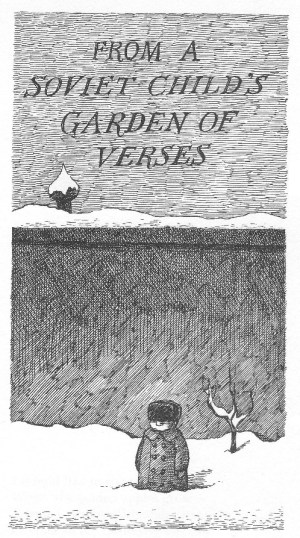By 1969, British writer Paul Dehn had spent time as a film critic, a spy during World War II, and as a screenwriter of films including Goldfinger and The Spy Who Came In From The Cold. But it was his work as a poet that would ultimately link him inextricably with one of the most inventive and socially conscious film series of all time.
When Planet of the Apes became a hit, 20th Century Fox ordered a sequel and the film’s producers set about trying to find a scenario that could live up to the surprise of Planet. After attempts by both Rod Serling and Pierre Boulle failed to provide the “visual shock and the surprise” of the original film, associate producer Mort Abrahams hired Paul Dehn to turn the story elements he’d been developing into a script. Dehn proved to be a brilliant choice, not least because his traumatic feelings about the 1945 atomic bombings in Japan and the ongoing threat of nuclear warfare lined up perfectly with the concerns of the nascent Apes franchise. Dehn went on to write Escape From the Planet of the Apes and Conquest of the Planet of the Apes and submitted an unused scenario for the fifth film before his failing health required him to step away from the series (he still provided an uncredited final draft of Battle after it had been developed by writers John & Joyce Corrington).
Abrahams is said to have selected Dehn as the writer for Beneath because of his poetry, which focused heavily on his nuclear fears. If you know me, you’d be forgiven for thinking that I’d just dreamed up a collection of poetry about nuclear terror written by the writer of the Planet of the Apes sequels and illustrated by Edward Gorey as an exercise in imagining something designed specifically to interest me, but that is in fact what you can find in Quake, Quake, Quake: A Leaden Treasury of English Verse.
Including material that had previously been published in Punch, The New Statesman and Time and Tide, the 109 page volume is divided into six sections, each corresponding to a different style or subject.
 The first section, “A Leaden Treasury of English Verse,” is a collection of foreboding parodies of classic poems by the likes of Tennyson and Longfellow.
The first section, “A Leaden Treasury of English Verse,” is a collection of foreboding parodies of classic poems by the likes of Tennyson and Longfellow.
“Rhymes for a Modern Nursery” contains, as you might guess, macabre nursery rhymes about the end of the world.
“Weather Forecast” begins with a note reading:
‘The idea is that whoever, in Russia or America, learns to control the weather first will have a new sort of ultimate weapon in the form of meteorological warfare.’
The London Observer
“From a Soviet Child’s Garden of Verses” paints a grim portrait of life in the Soviet Union.
“From a Modern Student’s Songbook” expresses Dehn’s fears in song parodies.
And of course “From a Modern Hymnal” rewrites religious songs with nuclear paranoia and pessimism.

- The SportsAlcohol.com Podcast: The Best Movies of 2023 - February 28, 2024
- The SportsAlcohol.com Podcast: Godzilla Minus One - January 5, 2024
- The SportsAlcohol.com Podcast: Avatar 2 and the Films of James Cameron - February 1, 2023

















